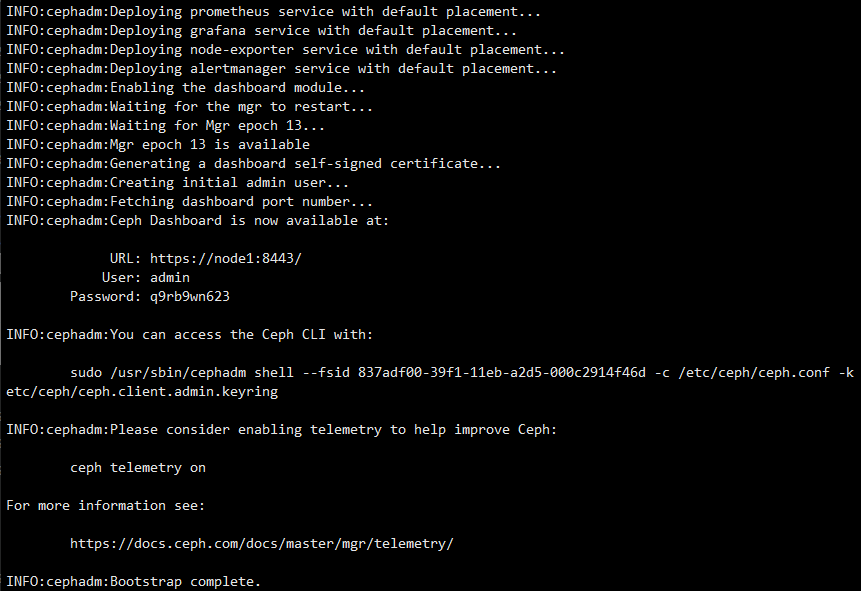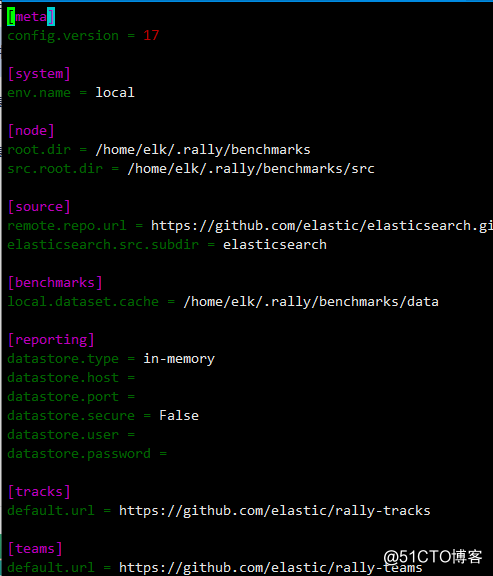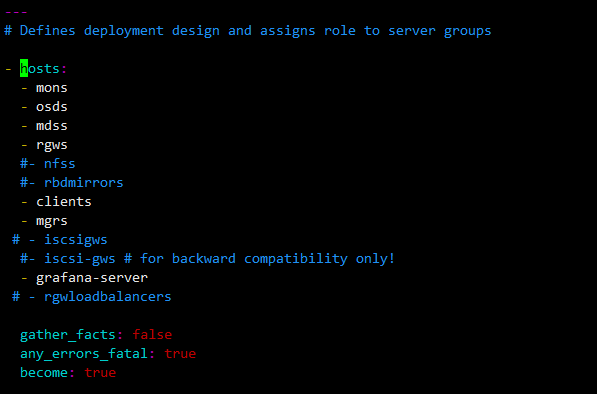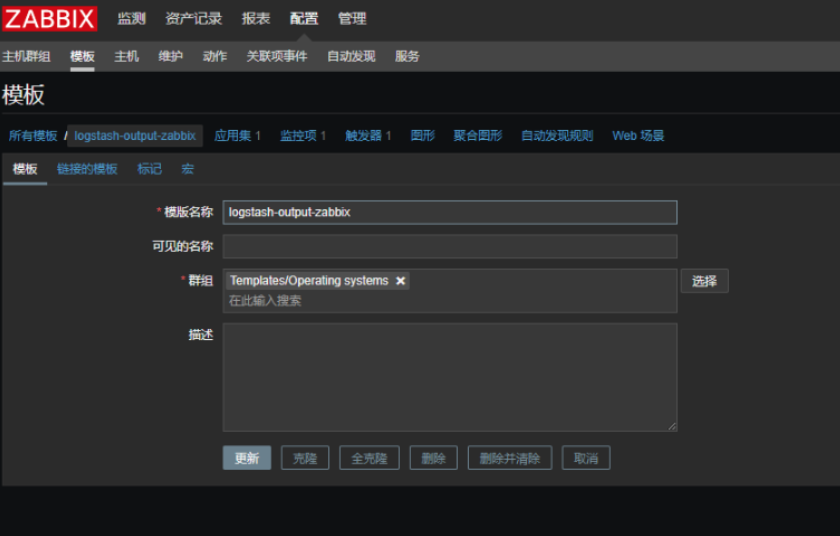飞书提供了丰富的api来实现消息的通知,包括文本消息、图片消息、富文本消息,本次介绍使用飞书api发送文本消息,以下是实现思路
飞书API地址:https://open.feishu.cn/document/ukTMukTMukTM/uITNz4iM1MjLyUzM
实现思路
![图片[1]-ZABBIX对接飞书实现报警通知](https://www.devopstory.cn/wp-content/uploads/2021/11/post-150-619fb0b6b6baa.png)
1.需要获取三个授权凭证
- app_access_token :访问App资源相关接口。
- tenant_access_token :访问企业资源相关接口。
- user_access_token :访问用户资源相关接口。
2.根据zabbix报警的收信人手机号获取user_id,用于后面在群里@相关负责人,或者直接发给某个责任人
3.chat_id用于发送给指定的群,这里我提供两种方法获取chat_id,后面会介绍
4.传入zabbix报警消息,并艾特相关负责人发送到飞书群里或者个人
获取授权凭证
1.获取 App ID 和 App Secret
登录开发者后台,在“我的应用”页面创建企业自建应用。进入企业自建应用详情页,获取App ID和App Secret。
![图片[2]-ZABBIX对接飞书实现报警通知](https://www.devopstory.cn/wp-content/uploads/2021/11/post-150-619fb0b78eb51.png)
2.获取 tenant_access_token
一种方法是通过企业自建应用方式获取,另一种是通过应用商店应用获取,这里我使用第一种方法,直接创建应用即可
![图片[3]-ZABBIX对接飞书实现报警通知](https://www.devopstory.cn/wp-content/uploads/2021/11/post-150-619fb0b837d08.png)
3.创建完应用后可根据APP ID和 App Secret构造请求获取
def gettenant_access_token():
tokenurl="https://open.feishu.cn/open-apis/auth/v3/tenant_access_token/internal/"
headers={"Content-Type":"application/json"}
data={
"app_id":"cli_9ec625abcdefg",
"app_secret":"f716Gi27Yi25n5K0Wbafgwghhstv"
}
request=requests.post(url=tokenurl,headers=headers,json=data)
response=json.loads(request.content)['tenant_access_token']
return response获取user_id
user_id可以根据注册的手机号或邮箱获取,可以在zabbix中定义用户的手机号,然后传入参数获取user_id
def getuserid(tenant_access_token):
#mobiles="15101234584"
userurl="https://open.feishu.cn/open-apis/user/v1/batch_get_id?mobiles=%s"%mobiles
headers={"Authorization":"Bearer %s"%tenant_access_token}
request=requests.get(url=userurl,headers=headers)
response=json.loads(request.content)['data']['mobile_users'][mobiles][0]['user_id']
return response获取chat_id
这里我提供两种方法获取chat_id,一种是将机器人加入到群里,获取群信息中的chat_id;另一种是通过机器人创建群聊获取群信息,当然还有其他的方法,这里我就不过多介绍了,我将使用第一种方法来获取chat_id
首先将机器人加入到群聊
![图片[4]-ZABBIX对接飞书实现报警通知](https://www.devopstory.cn/wp-content/uploads/2021/11/post-150-619fb0b8cd491.png)
构造请求获取chat_id
def getchatid(tenant_access_token):
#获取chatid
chaturl="https://open.feishu.cn/open-apis/chat/v4/list?page_size=20"
headers={"Authorization":"Bearer %s"%tenant_access_token,"Content-Type":"application/json"}
request=requests.get(url=chaturl,headers=headers)
response=json.loads(request.content)['data']['groups'][0]['chat_id']
return response向飞书群里或者飞书用户发送消息
这里需要三个参数,一个是user_id,一个是chat_id,另一个是tenant_access_token,并传入报警信息即可发送
def sendmes(user_id,chat_id,tenant_access_token):
#向群里发送消息
sendurl="https://open.feishu.cn/open-apis/message/v4/send/"
headers={"Authorization":"Bearer %s"%tenant_access_token,"Content-Type":"application/json"}
data={"chat_id":chat_id,
"msg_type":"text",
"content":{
"text":"%s<at user_id=\"%s\">test</at>"%(messages,user_id)
}
}
#给个人发送消息
# data={"user_id":user_id,
# "msg_type":"text",
# "content":{
# "text":"%s<at user_id=\"%s\">test</at>"%(messages,user_id)
# }
# }
request=requests.post(url=sendurl,headers=headers,json=data)
print(request.content)在ZABBIX上配置报警动作及接收人
配置报警媒介类型
注意参数顺序不能乱
![图片[5]-ZABBIX对接飞书实现报警通知](https://www.devopstory.cn/wp-content/uploads/2021/11/post-150-619fb0b980d56.png)
配置用户的接收信息
也就是用户注册飞书的手机号
![图片[6]-ZABBIX对接飞书实现报警通知](https://www.devopstory.cn/wp-content/uploads/2021/11/post-150-619fb0ba3d022.png)
配置动作
![图片[7]-ZABBIX对接飞书实现报警通知](https://www.devopstory.cn/wp-content/uploads/2021/11/post-150-619fb0bb15c6d.png)
报警测试
这里我禁掉了其中一台windows的agent进行测试
![图片[8]-ZABBIX对接飞书实现报警通知](https://www.devopstory.cn/wp-content/uploads/2021/11/post-150-619fb0bbd955d.png)
后续会添加带有图片信息的报警,完整代码请访问github组织遮阳笔记
https://github.com/sunsharing-note/zabbix/blob/master/feishu.py












